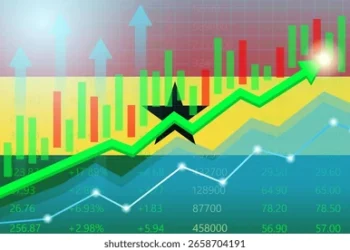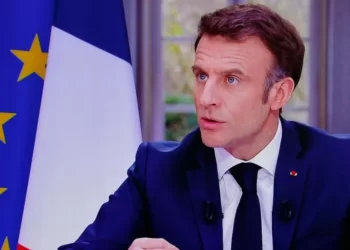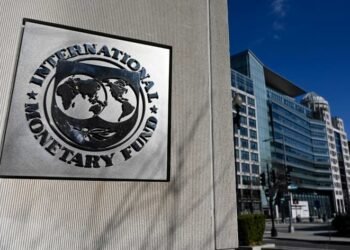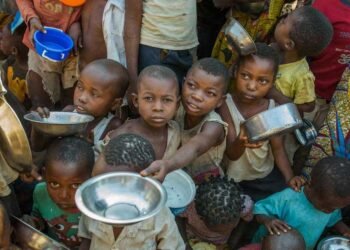The Government of the Republic of Ghana and the State of North Rhine-Westphalia sign an agreement to deepen the ties of co-operation between the two territories in seven (7) specific sectors of co-operation.
These sectors as outlined in the agreement includes “non-governmental, not-for-profit, and private-sector organisations; diaspora organisations; religious organisations of all denominations; business corporations; local councils; educational establishments; and GIZ development agency”.
The Agreement, which was signed in the presence of President Nana Addo Dankwa Akufo-Addo by Ghana’s Minister for Foreign Affairs, Shirley Ayorkor Botchway, and the Minister-President for North Rhine-Westphalia, Armin Laschet, is guided and informed by the principles and goals set out in the United Nations’ Agenda 2030 and the Agenda 2063 of the African Union.
Also, as part of the G20 Compact with Africa, Ghana and Germany signed a reform-oriented partnership designed to promote joint, African-style development projects involving public and private players. This partnership has provided the framework for cooperation between Ghana and North Rhine-Westphalia.
Furthermore, according to the statement both sides seek to intensify, at governmental and civil-service level, a dialogue that will foster exchanges between local communities and local-authority institutions, and support cooperation between non-governmental organisations (NGOs), churches, and not-for-profit organisations from the two states.
Additionally, Ghana and North Rhine-Westphalia will support collaboration between colleges of Higher Education, particularly with regard to the universities of applied sciences and technical universities newly established by the Ghanaian government.
Activities will centre on measures to enhance the organisation and profile of the new universities of applied sciences and assist in the creation of courses focusing on practice over theory.
The two sides will also consider training, the promotion of business, and job creation in growth sectors to be essential fields of cooperation.
As part of the agreement, “companies from North Rhine-Westphalia are to be notified of opportunities afforded by the Ghanaian market, whilst the benefits of collaboration with North Rhine-Westphalia are to be advocated in Ghana”.
The partnership also aims to foster discussion and mutual exchange on the subjects of entrepreneurship, start-up support, and the realisation of new labour-market potential.
Also, the agreement stresses the protection of resources and sustainable business practices, which can be pursued and achieved as part of joint educational and training initiatives and through additional funding for social and technological innovation.
The two sides further reiterated their commitment to “trusting cooperation when it comes to managing migration”, together with expanding their interaction in the health sector, “for instance as joint partners in a clinic initiative and by providing funding for health projects run by civil-society groups”.
Furthermore, on matters relating to enhancing collaboration between tax authorities of the two sides, the sides jointly decided to continue to enhance collaboration between their tax authorities in matters relating to the decentralisation of the Ghana Revenue Authority, the steady flow of tax revenue, and general good governance.
Meanwhile, the President of the Republic of Ghana, His Excellency Nana Addo Dankwa Akufo-Addo disclosed that “The time has come for Europe and Africa to establish a sustainable, strategic partnership based on trade and investment co-operation”.
“We have set our sights high, and, to our friends in Europe, I urge you to join us in building a continent of prosperity with equal opportunities for all, which will safeguard the environment against climate change”.
Nana Addo Dankwa Akufo-Addo
His Excellency Nana Akufo-Addo, also highlighted the huge business opportunities the African continent presents to the European countries, as well as the joint growth potential of both territories.
“Imagine the investment and business opportunities offered by the infrastructure required to link these markets more effectively.
“And imagine the business opportunities that this huge market would offer for manufacturing and service firms from European countries that would establish production facilities in Africa to serve the African markets.
“And with the accelerated growth that would result from all these, the market opportunities for exporters from European countries could be truly amazing!”.
Nana Addo Dankwa Akufo-Addo
READ ALSO: China-U.S. Financial Roundtable talk: Wall Street to capitalize on finance opportunities























